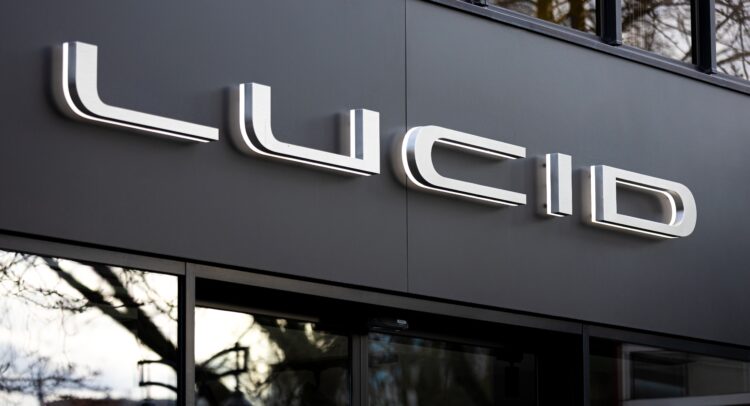Investment
-
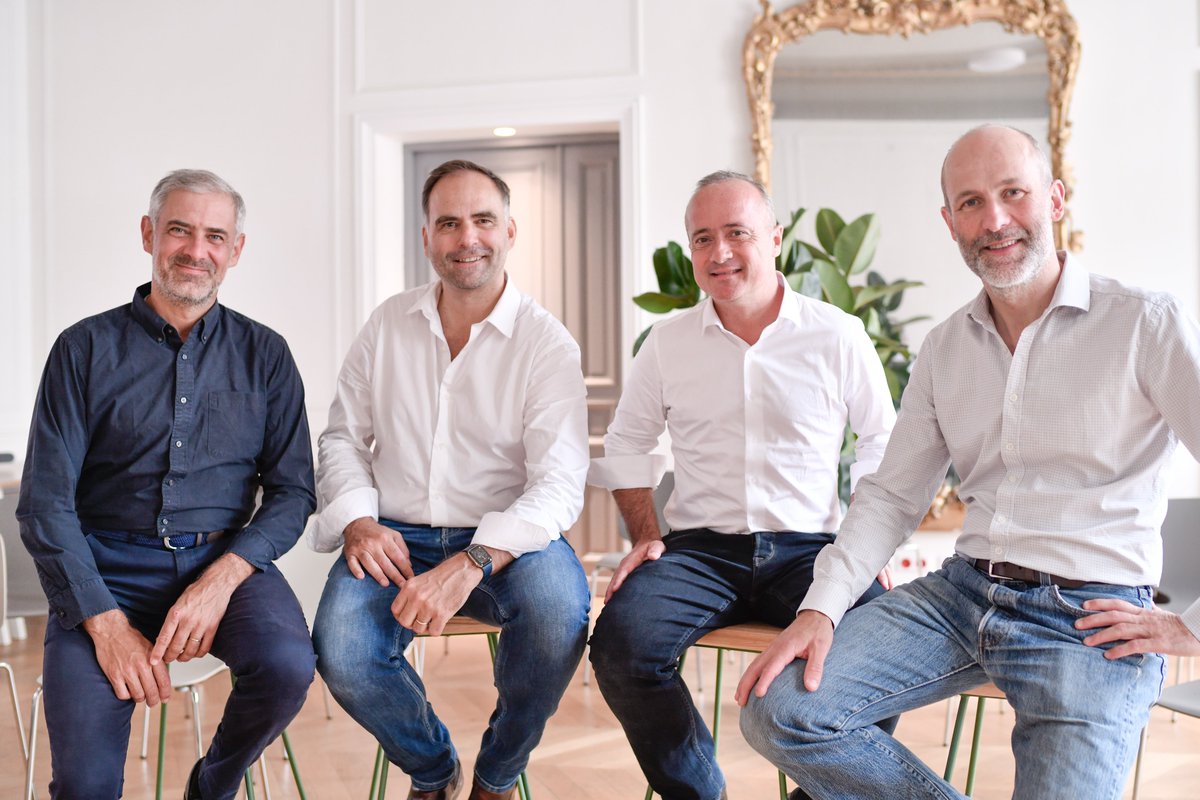
Shift4Good Completes Its First Closing Of Over $98-Milllion In Its Latest Impact VC Fund
Impact investment fund Shift4Good is a Singapore and Paris-based sustainable mobility venture capital (VC) firm. The firm has attracted $98 million in the first close of its latest impact fund. The VC firm confirmed the…
-

Singapore-Based Interior Design Unicorn Livspace Sets Aside $100m For Strategic Acquisition
Interior design unicorn Livspace has announced that it will set aside $100m for its expansion plans in India, Singapore, Malaysia, and the Middle East. According to the company’s announcement, the funds will go towards incubating…
-
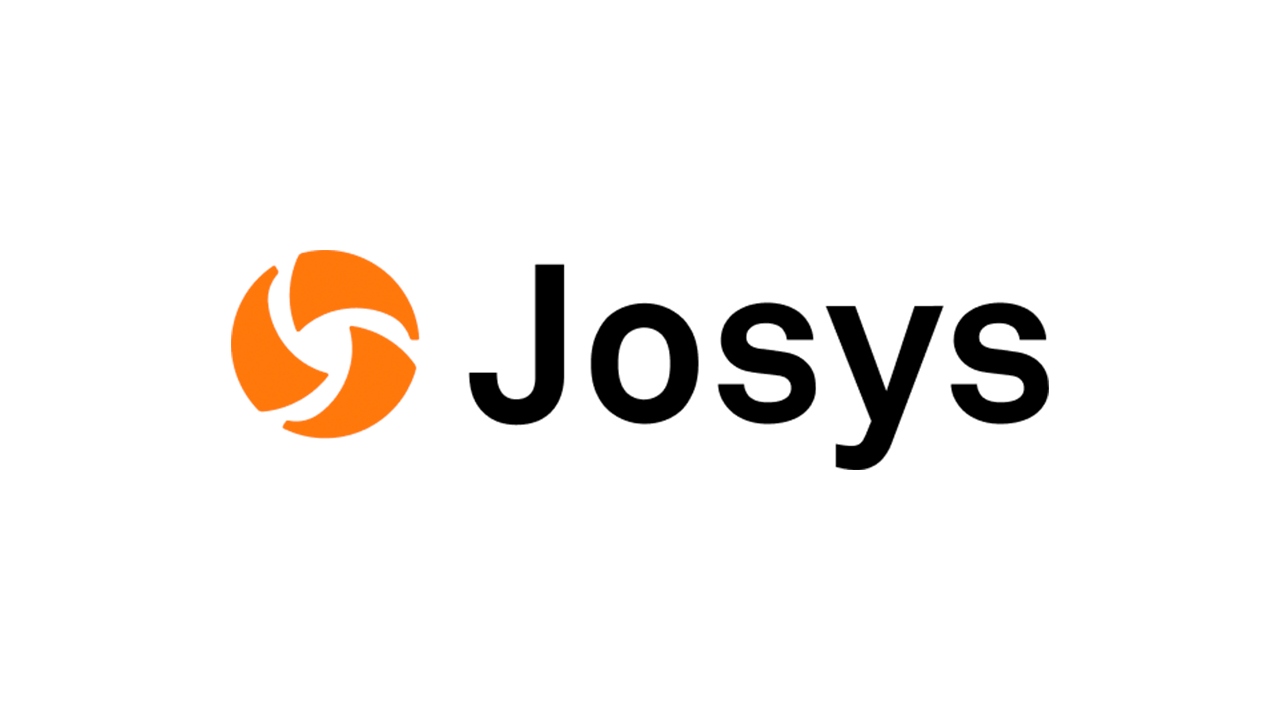
Japan-based B2B platform JOSYS secures $32 Million Series A for its SaaS management platform
Josys, Japan headquartered B2B platform, has raised $32 Million in a Series A investing round. The round was led by Global Brain Corporation, ANRI, Yamauchi-No.10 Family Office, Office Holdings, World Innovation Lab, and other venture…
-
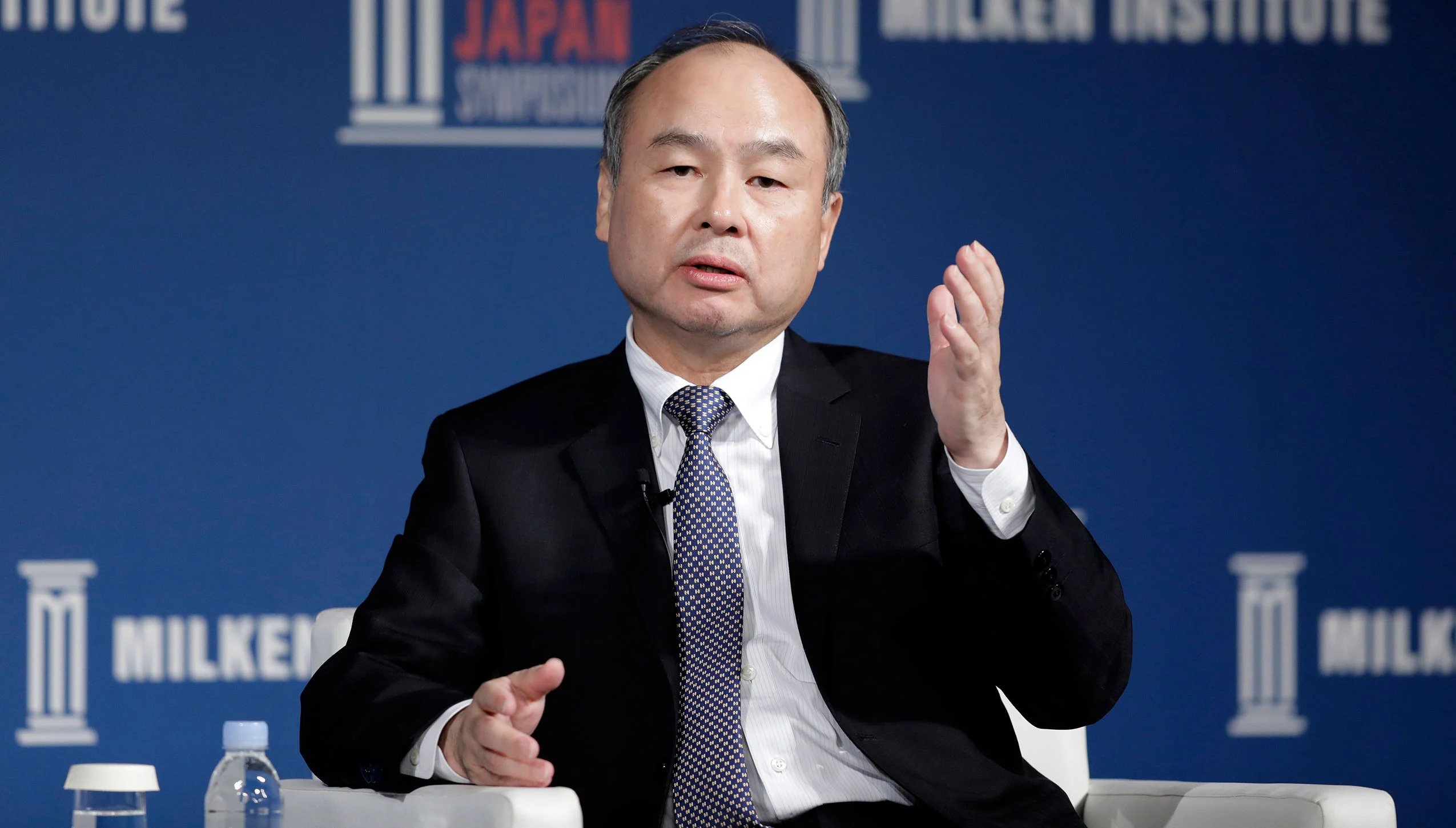
Softbank Warns Of Longer Startup Winter Due To Unicorn Founders Unwilling To Cut Valuations
Softbank Group has recently reported a quarterly loss of more than $23 billion. The company said this net loss in the June quarter “was recorded mainly due to the monetization of investments in public portfolio…
-
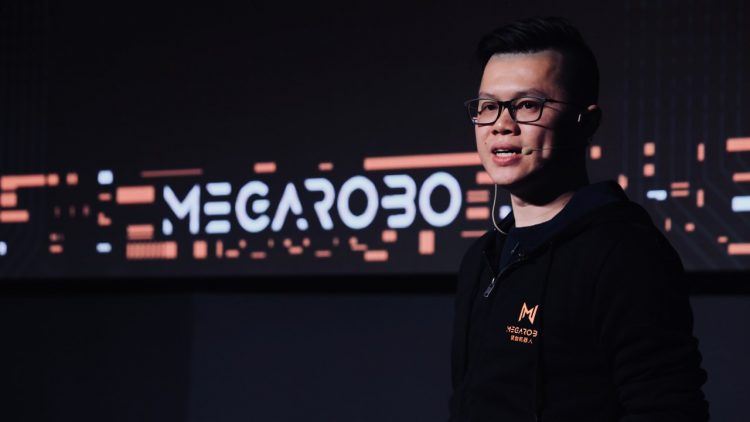
China-Based MegaRobo Raised $300 Million In Series C Funding Round
MegaRobo Technologies is a China-based company that uses robotics and artificial intelligence for life science research. The company has recently led a Series C funding round which was led by Goldman Sachs’ private investment arm,…

